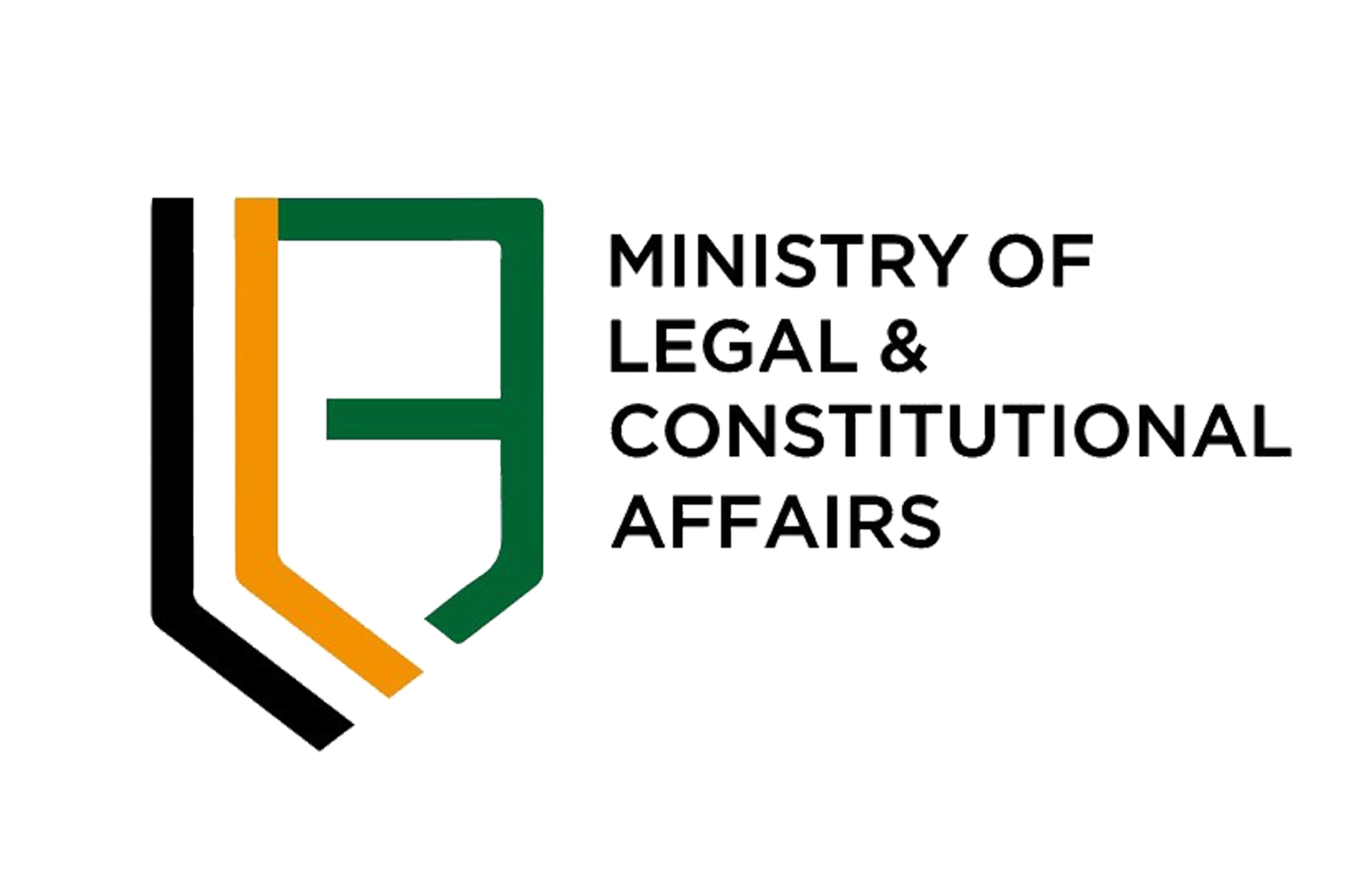The fundamental rights and freedoms to which citizens are entitled are guaranteed in Jamaica’s Constitution and through legislation, according to Minister of Legal and Constitutional Affairs, Hon. Marlene Malahoo Forte.
These include the right to freedom from discrimination on the grounds of sex, race, place of origin, social class, colour, religion or political opinions, and the right to equitable and human treatment by any public authority, in the exercise of any function.
“The guarantee of these rights and freedoms in legislation is an important part of the work, but it is not the full extent of the work. We have moved further to guarantee the rights, not only as a contract between the State and its citizens but also between citizens and citizens,” Mrs. Malahoo Forte said.
She was speaking during the Ministry’s Human Rights Forum 2022, held at Jamaica House on Monday (December 12).
Mrs. Malahoo Forte said the conversation in Jamaica regarding citizens’ fundamental rights has been skewed in one direction, adding that it is critically important that the country celebrate the achievements it has made.
“In spite of the challenges, we are not where we were 10… 15 years ago, and I think, sometimes, we forget to mark progress simply because the work is not yet done,” she noted.
“I think that the approach that the Government must take in ensuring that the rights guaranteed are protected and that they are preserved, will mean that we will have to take a look at how we do the work and, in particular, how those who work in government approach their duties and their functions,” the Minister added.
The forum was held in commemoration of international Human Rights Day, which was observed on December 10.
The Universal Declaration of Human Rights (UDHR) was adopted by the United Nations General Assembly on December 10, 1948.
The UDHR is a milestone document that proclaims the inalienable rights that everyone is entitled to as human beings, regardless of race, colour, religion, sex, language, political or other opinion, national or social origin, property, birth, or other status.
Available in more than 500 languages, it is the most translated document globally.
The original article can be found on JIS




